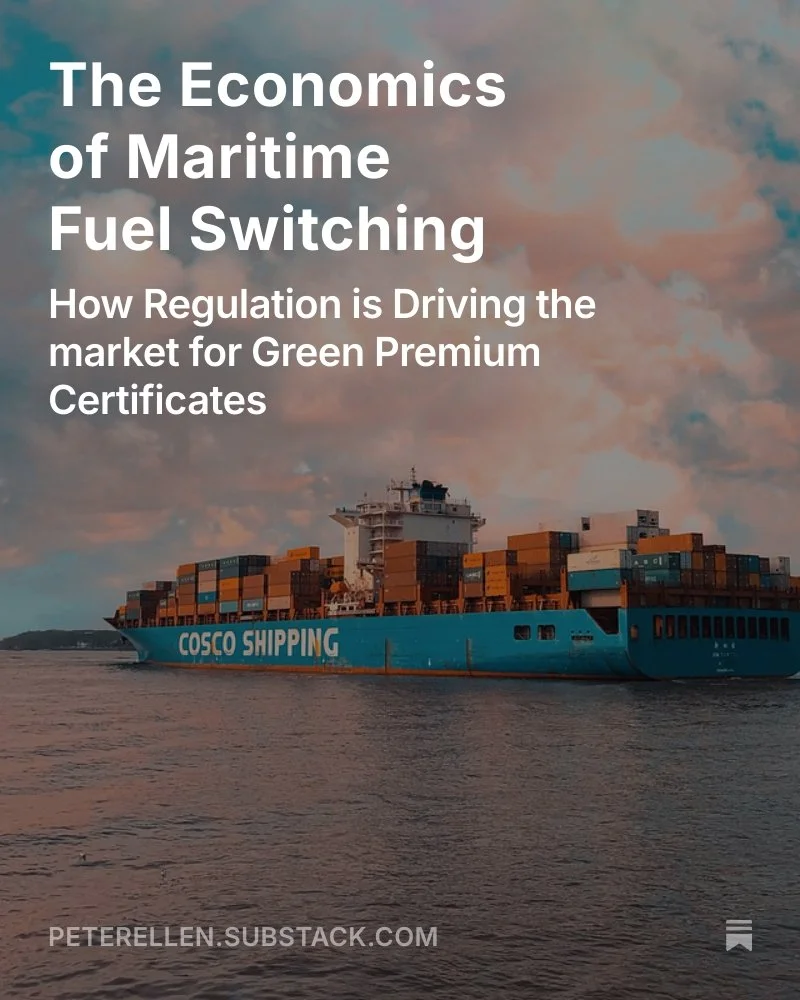
The Global Attribute Market for Low Carbon Fuels
Eliminating Emissions Across Entire Value Chains
FuelEU /ETS Compliance Risk Management Powered by AI >>

Connecting all beneficiaries to decarbonise maritime
By connecting all supply chain participants in H2C’s market, green premiums transform from barriers to production, to assets in decarbonisation. Through global interoperable market infrastructure, cost are dispersed amongst multiple claimant beneficiaries in global supply chain networks. Our registry and audit trail ensures direct causality so that claimants can decarbonise their own supply chains, rather than relying on third party action.
For Producers
Viable Production:
Supporting destination market standards
Value added off-take propositions
Providing revenue visibility at FID
Structured Market Participation Program
Price support and liquidity Solutions
For Shipping
Manage Compliance Risk
Real-time Compliance Modelling Across Fleets
Fuel Switch Scenarios Optimise Costs
Requirements Placements Match to Producers
Gain priority access to low carbon fuels
From cost risk to competitive advantage
Brands, Retail and Cargo Owners
Decarbonise Supply Chains
Take control of supply chain Scope 3
Eliminate Scope 3 emissions
Replace third party off-set dependences
Secure advance call options
Direct, causal and traceable to source
Reading








